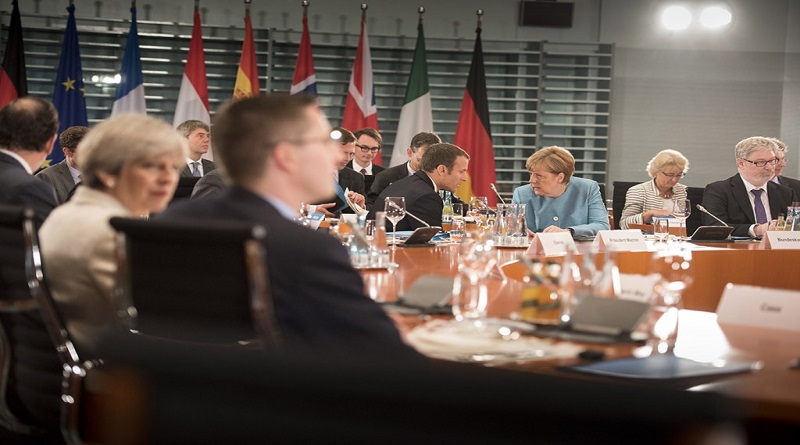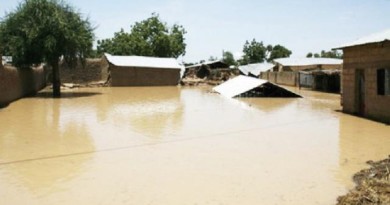G20 Summit to focus on climate, energy as priority areas
Ahead of the G20 Summit that will take place from July 7-8, 2017 in Hamburg, Germany, the Germany Presidency has set climate change and energy as priority areas among other issues that will be discussed at the summit.
The G20 has set itself the task of increasing the stability and resilience of economies, and thus of the global economy as a whole. Comprised of 19 countries and the European Union, the G20 is the central forum for international cooperation on financial and economic issues. International organizations also contribute regularly to the G20 Summits.
Germany holds the Presidency this year, and apart from purely economic issues, has made climate one of the priorities. Germany will address improving sustainability in the G20 and beyond, and in ensuring that the goals of the 2030 Agenda for Sustainable Development and of the Paris Agreement are achieved, which includes sustainable climate and energy concepts.
The impact of increasing climate change presents a significant global challenge, which has already led to high costs and risks around the world. Adoption of the Paris Agreement indicates that the international community is aligned on taking action to address climate change and to limiting global warming well below 2°C compared to pre-industrial levels. Additionally, there is ambition from the G20 to make headway on implementation, as well as supporting developing countries in this effort. If the G20 can provide long-term direction and certainty through common framework conditions for the economy, there is vast opportunity to strengthen technological innovation and employment in future-oriented industries.
Furthermore, a secure, economically efficient and greenhouse gas neutral energy supply is fundamental for economic growth and prosperity. The G20 agenda will address linking climate and energy policy more closely to intensify activities and contribute to a better management of climate risks, with the overall aim of ensuring a reliable investment climate. Through these discussions, the G20 aims to foster appropriate political frameworks, financing instruments, and economic incentives for investments in climate-resilient infrastructure and to boost technological innovations.
Additional global challenges on the G20’s agenda include geopolitical conflicts, terrorism and migration and refugee flows, as well as hunger, and pandemics.
G20 member countries consist of Argentina, Australia, Brazil, Canada, China, France, Germany, India, Indonesia, Italy, Japan, Mexico, Russia, Saudi Arabia, South Africa, South Korea, Turkey, the United Kingdom and the United States of America.
Contributing international organizations consist of the International Monetary Fund (IMF), the World Bank (WB), the Financial Stability Board (FSB), the Organization for Economic Co-operation and Development (OECD), the World Trade Organization (WTO), the International Labour Organization (ILO) and the United Nations (UN).
Each Presidency can additionally choose to invite other countries, regional organizations and international organizations to the summit.




